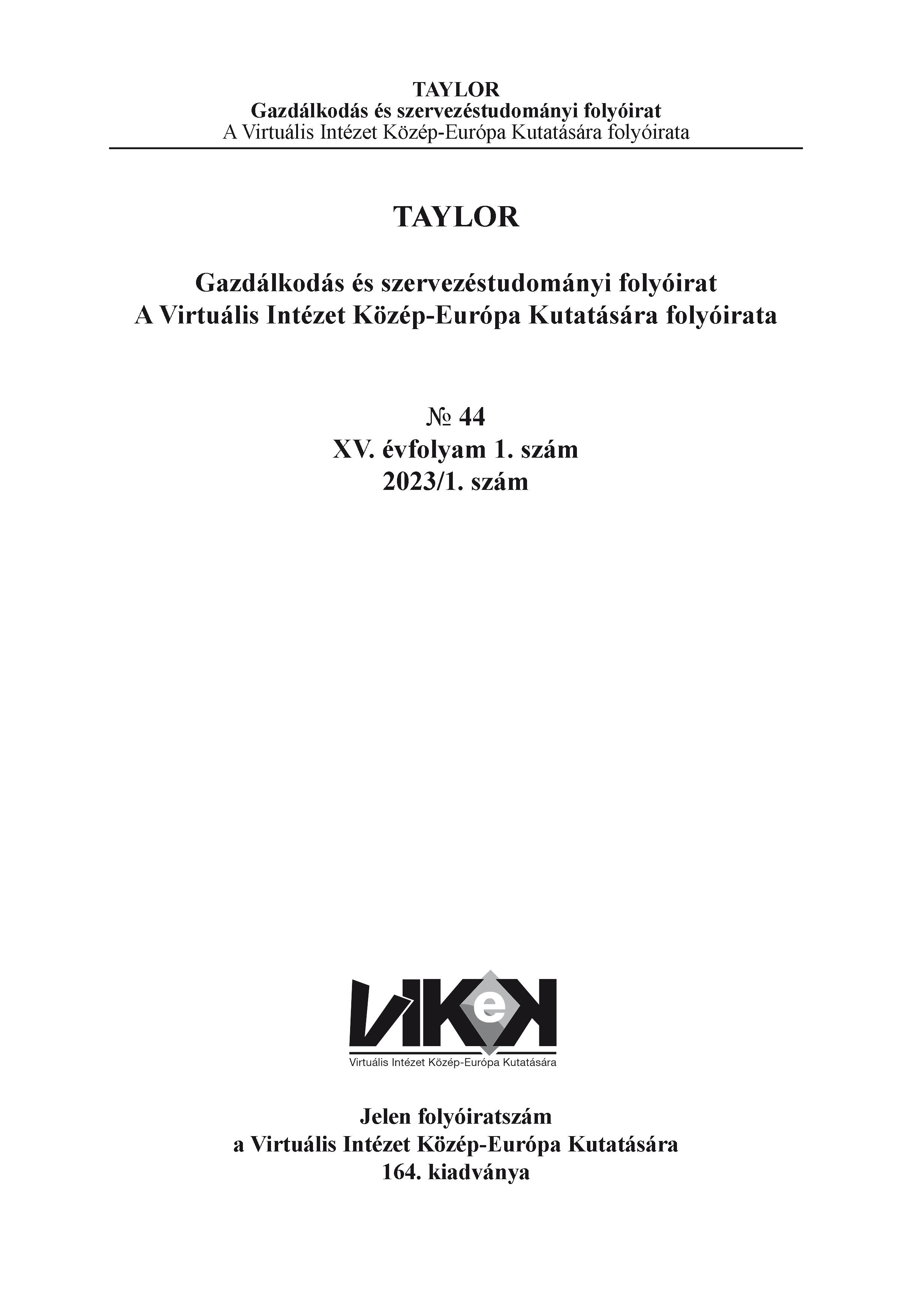Can Subsidy for Robotic Activities for Disadvantaged Children Come Back or Contribute to Economic Growth?
Main Article Content
Abstract
Knowledge is created as a result of a long, costly process, and is most similar to physical capital investment processes. There are few people who doubt the statement that the basis of social and economic development is raising the level of education of the people living in a given country to the highest possible level. Based on these thoughts, I began to investigate whether the robotics classes I hold for high school children living in disadvantaged, isolated settlements have more than a useful, good-humored pastime, whether they will have a demonstrable economic significance, either for the national economy or for the individual. It is gratifying that organizations have embraced several locations in order to provide the cumulatively disadvantaged children who live there with robotics classes the opportunity to go beyond the school schedule, to repeat the school curriculum, to learn more deeply, a completely new world, a new park of tools, robots and programs with the help of The purpose of the support program is to help overcome the backlog resulting from the disadvantaged situation in attending the occupation. In addition to promoting career guidance, improve the development of children’s digital competences, the improvement of their mother tongue, mathematics and foreign language skills and socialization. The level of knowledge of the students participating in the classes is continuously monitored. In the case of several students, I achieve visible positive results, in addition to IT, we achieve mostly in mathematics and foreign language communication. In the event that this development can be demonstrated and quantified, and the children break away from doing nothing at home and continue their education, then with the knowledge acquired there they are actively active in the labor market, not only my work, our work was not in vain, but they contribute to the growth of the economy, the invested resources for return.
